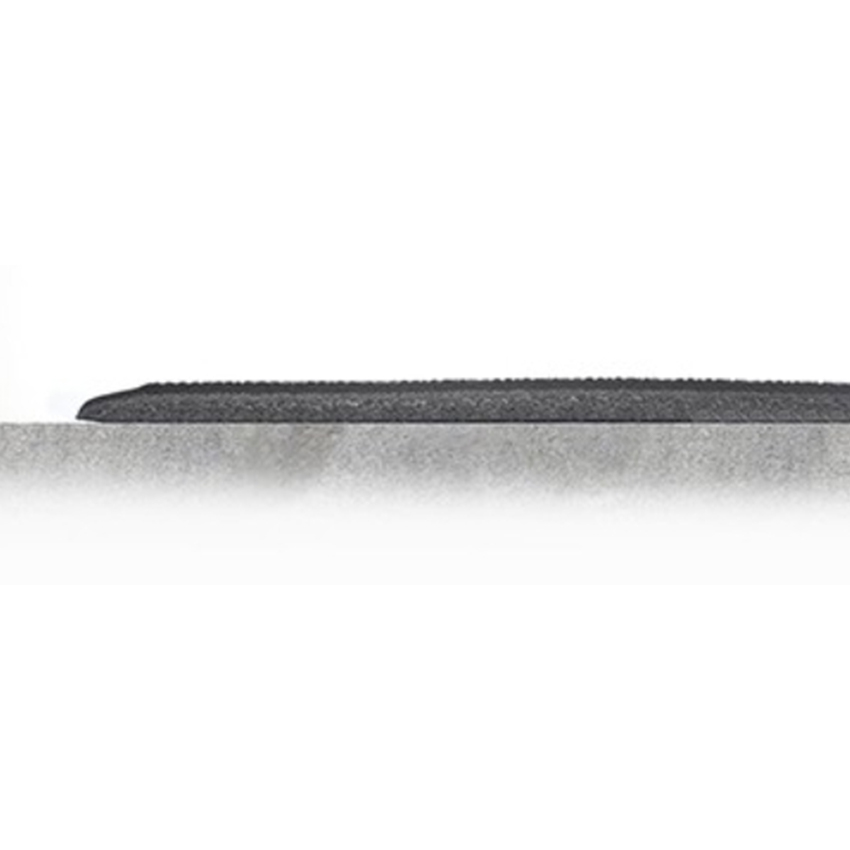






















An excellent investment in the workstation.
Reduces standingfatigue for employees who have to move around while working. Two-layer construction ensures high comfort and wear resistance. Extraordinary anti-fatigue properties - low-density bottom layer ensures a high degree of cushioning. Bevelled edges reduce the risk of tripping.
Available in standard, roll and custom sizes in 3 colors.
PVC is resistant to many different chemicals, alkalis and general industrial chemicals. PVC is resistant to alcohol, aliphatic hydrocarbons, oils, weak acids, strong mineral acids and alkalis. PVC is resistant to oil and grease, if properly cleaned. PVC is not resistant to organic solvents, ketones, esters and aromatic hydrocarbons. Please contact us for more specific details.
Colors: Black, Blue and Green
Cleaning: Brush / Wash top surface
This product is suitable for use in demanding environments, particularly where there is frequent rolling of equipment.
Loose lay - Production lines, assembly areas, packing stations, workbenches and retail cashier stations

| ORTHOMATPREMIUM |
Data sheet
| Format | Mat |
| Surface | granular |
| Properties | Anti-fatigue Fire resistant |
| Composition | |
| Fire classification | Dfl-s1 |
| Resistant to chemicals | No |
| Environment | Dry environments |
| Operating temperature | |
| Intensity of use | Intense |
| Wear index | 3/3 (Excellent) |
Industrial mats meet the needs of ergonomic workstations and employee well-being.
They prevent:
There are many uses for industrial mats:
Safety criteria: The mat must cover the entire workstation, be firmly attached to the floor, not shift or slide, and have bevelled edges to prevent falls.
Thickness and flexibility criteria: Contrary to what you might think, you shouldn't choose a very thick or very soft mat. The mat should have a certain elasticity, but still allow a comfortable standing position, without the user feeling slumped.
Environmental criteria :
Environmental hazard criteria : To establish more precise characteristics for a mat (antistatic properties or fire resistance etc...) we need to take into account the hazards present in the environment where the mat will be installed.
Where hazardous liquids are present in the working environment, the anti-slip properties and chemical resistance of industrial mats should be taken into account. The presence of openings on mats to allow the evacuation of fluids is essential.
Traffic criteria: We need to take into account the traffic that takes place on the equipment: how many workers can walk on it? How often, etc., in order to choose the most suitable mat.
Prevent the many problems associated with poor workstation ergonomics: RSI, static shock, bacterial proliferation, etc.
We offer a wide choice of industrial mats: on rolls, in standard sizes, made-to-measure or modular mats to suit all types of workstations.